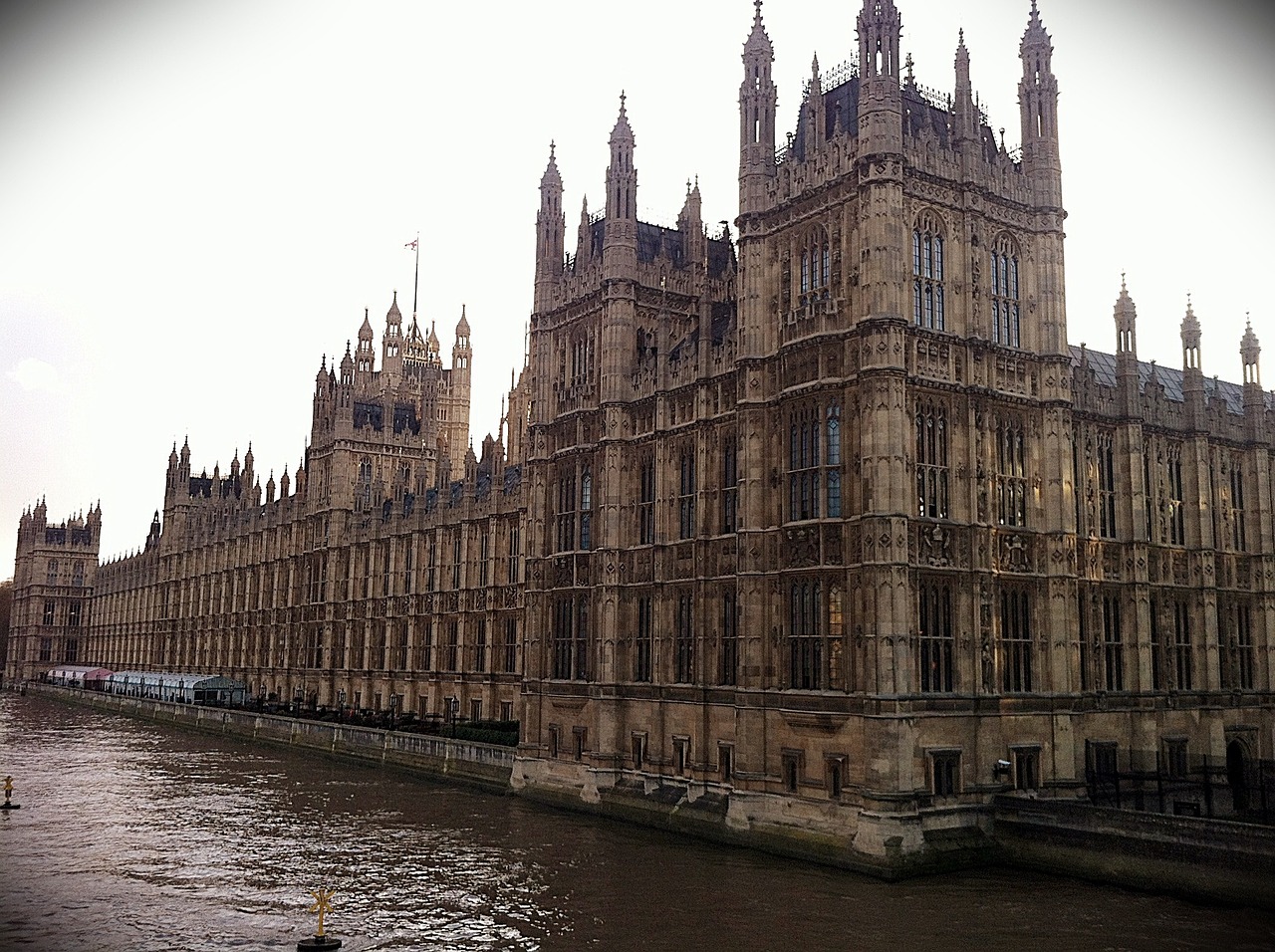Start-Ups


There is a clear distinction between tax avoidance and tax evasion. Tax evasion is illegal but every taxpayer is entitled to arrange their affairs to the absolute legal minimum amount of tax (tax avoidance).
Whilst completion of tax returns and statutory tax obligations is important, all accountants should be capable of completing them and advising you of your tax position and liabilities.
CFW try to do more than just this and are interested in maximising your tax planning opportunities.
Within the legal framework there are numerous ways of saving tax and making sure you do not pay more than is absolutely necessary. At CFW we have extensive experience in this area of work and always work as hard as we can in the interests of our clients.
Who Do We Help?
At CFW we incorporate tax planning into everything we do. This helps every one of our clients. A lot of tax planning is performed alongside other activities such as completion of tax returns, VAT returns or property transaction. For those individuals with more complex transactions or large incomes / assets we offer a more formal approach.
What Can We Do?
We can help with tax planning in relation to:
- Personal taxes
- Business taxes
- Tax efficient employee remuneration strategies
- VAT planning
- Inheritance Tax strategies
- Capital Gains
- Profit- extraction strategies
- Exit strategies
- Employment status
- IR35 advice
Combined with our many years’ extensive experience in this arena, CFW has invested significantly in reference materials and specialist software. With access to Tax Legislation, Tax Cases, to the internal manuals of HMRC and to detailed commentary on all taxes, direct and indirect, we can research any tax topic and provide many ways of helping you legally save tax.
Why Do We Do It?
New clients are often surprised at how much can be done to help with their tax position. We are always willing to go that extra mile to offer advice on the areas where tax can be saved. It is important that work is done well in advance, so we urge you to contact us as soon as possible.
All our Tax Planning makes legitimate use of the Tax Legislation and Case Law, so that you are not at risk from a full HMRC Enquiry.
Your self-assessment tax return is an annual requirement to let HMRC know who much money you have earned and how much tax you will pay.
Who Do We Help?
At CFW we can prepare a self-assessment tax return for anyone who needs one. You are likely to need to submit one if in the tax year you were:
- A sole trader earning at least £1,000
- A partner in a partnership
- Renting out a property
- Receiving income from savings, investment and dividends
- Receiving foreign income
- Receiving child benefit and one person in the household earned over £60,000
What Can We Do?
At CFW we undertake the following relating to your self-assessment tax return:
- Register you to receive a self-assessment tax return
- Computation of tax liabilities
- Completion of your self-assessment tax return
- Filing of your self-assessment tax return
- Advice on your tax liabilities
- Identifying suitable tax planning opportunities
- Acting on your behalf with HMRC tax enquiries
- Correspondence with HMRC
- Inheritance tax planning
- Tax investigation fee protection insurance
- Trusts
- Informing HMRC when you no longer require a self-assessment tax return
Why Do We Do It?
The self-assessment regime is full of penalties and HMRC enquiry powers are extensive. It's important that:
- Returns are correctly completed
- Returns are filed on time
- All backup records are retained for the appropriate period
Tax related to property can be a bit of a maze. When purchasing a property for investment or to develop, it is important to know which property taxes apply to you and how to remain compliant.
Who Do We Help?
Property tax can apply to both individuals and businesses, whether purchasing as an investment, a development or for resale. At CFW we can advise on all these situations.
What Can We Do?
If you are purchasing a property, we can advise you on issues such as:
- Tax reduction strategies for rental income
- What is a repair and tax deductible and what is capital and not
- When to use a Limited Company to save tax
- Trading income versus Capital Gain considerations and advice
- Capital Gains rollover and holdover considerations
- Stamp duty planning
- Tax efficient mortgage structures
- VAT considerations of property deals
- CIS considerations on property development
- Making the most of the Principal Private Residence election
- Tax issues on the sale of part of your residence
- Second homes
- Inheritance Tax angles
Why Do We Do It?
Property can touch on many areas of tax including rental income, trade income, capital gains tax, VAT, CIS and stamp duty. Property transactions can also involve significant sums and can cost significantly more if not done correctly. At CFW we look at all areas of tax together to ensure the property transaction is done tax efficiently and will minimise any future tax burdens.
Setting up and running a new business is exciting but also takes time and commitment. The rewards can be great but make sure you know what you’re getting into. Although there are many common issues, every business start-up is different so our expert advice at the beginning pays for itself many times over.
Who Do We Help?
At CFW we have a team of accountants that offers support for Start Ups of all kinds - Sole Traders, Partnerships, Limited Companies and Limited Liability Partnerships (LLP).
What Can We Do?
From Day 1, we can help with every aspect of starting out, whether it’s business plans for raising finance, setting up an efficient accounting and book-keeping system or with tax planning.
Here are some of our Top Tips for Start Ups!
- Identify your strengths and your weaknesses and areas where you need advice.
- Research your market to ensure there is a demand for what you are offering and investigate the competition thoroughly.
- Develop a marketing plan. Having a good product or service doesn't automatically mean you will sell anything. Getting this right can be the difference between success and failure.
- Decide on your business structure - sole trader, partnership, limited liability partnership or limited company. All these have different tax consequences and responsibilities and we can advise you which one best suits your circumstances.
- Produce a cash flow / financial forecast so you know what funding you need.
- Produce a business plan - even if you don't need to raise finance – as it helps you to focus.
- Decide if you need staff and what skills they will need to have. You must operate PAYE for any employees and comply with employment law and health and safety law.
- Make sure you register with any relevant authorities including HM Revenue and Customs and decide if you need to register for VAT.
- Consider all the necessary insurances you need including public liability, key person, cyber, stock, business assets, business interruption, bad debts, motor insurance, employer's liability (compulsory if you have employees), professional indemnity and permanent health insurance.


Our tax services make sure that your tax liability is calculated taking into account all allowed exemptions and deductions. We simplify the process by using accountancy software to accurately complete tax returns and calculate any tax liability that may occur, along with any payments that need to be made.

Corporation tax reliefs and rates change annually, so we ensure that we can provide all the right guidance and advice when looking at exemptions, allowances and deductions that may be available.
We will thoroughly review and prepare corporation tax returns in great detail in order to ensure you are complaint and that you don’t incur any penalties.

You may be looking at investments, a second property or another asset and our team can make sure you maximise your exemptions while simplifying the difficult area of capital gains tax.

We can help with the complex issue of personal tax, we know it can be difficult to understand, which is why we help every step of the way. We take away the time and stress by creating a tax planning strategy that suits your tax affairs, helping ensure you pay the least amount of tax. Our team will advise when payments are due along with what forms need to be filed and returned to keep you compliant.
C F W Accountants LLP provide the following key services.
Latest news from C F W Accountants LLP

In an effort to reduce unfairness, during the Spring Budget on 6 March 2024, Chancellor Jeremy Hunt announced the thresholds for the High-Income Child Benefit Charge will be increased from 6 April 2024. This will affect any higher rate earner who is entitled to claim Child Benefit.

Tax-Free Childcare is available to working families to help them save on their childcare costs. However, many may not be making use of this provision and with the Easter break soon upon us, HM Revenue & Customs (HMRC) is encouraging families who have not yet signed up to consider doing so.

Thresholds based on a company’s accounts and employee numbers determine whether a company is categorised as small or not. Being able to qualify as a small or medium sized business can cut red tape for a business with the reduced amount of both non-financial and financial reporting a small or medium sized business is required to do.

The new tax year begins on 6th April and for employers running monthly payrolls, the March pay run will be the last of the 2023/24 tax year.

The Prime Minister, Rishi Sunak, has announced reforms to apprenticeships that will enable up to 20,000 more apprenticeships and could be especially welcome news to small businesses.

VAT-registered businesses normally submit their VAT returns and payments to HM Revenue and Customs 4 times a year. However, HM Revenue and Customs also offer an Annual Accounting Scheme for businesses with a taxable turnover of £1.35 million or less.




























